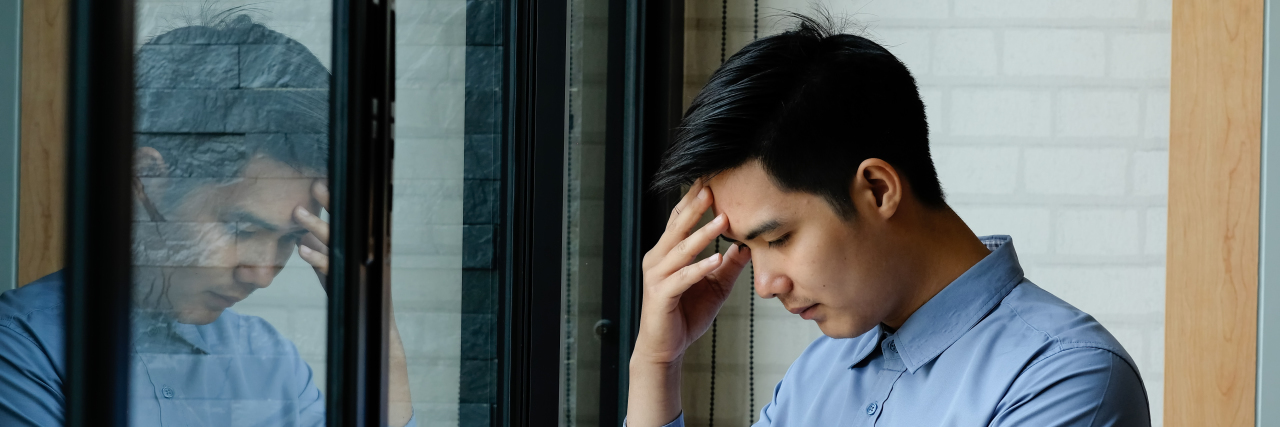In my weekly therapy session a couple of days ago, my therapist and I were talking about my struggle with mental and physical disabilities. I’m only 21, and even though I’ve never consciously recognized it, she’s been helping me realize how hard it has been on me for the past few years. She reminds me that I’m young and allowed to be frustrated with life being challenging, especially in the ways I’m experiencing it. We also talked about the friends I’ve lost because of my disability. They couldn’t be mature or respectful of me and my challenges, so I had to cut them off, but that let me with practically no friends.
My therapist told me that in addition to facing these challenges, it also sounded very lonely. I hadn’t ever really thought of it, but that’s exactly what it is — it’s lonely. I don’t have a lot of shared life experiences with people my age: a dozen or so pill bottles on my desk, a movement disorder, three mental illnesses, and a couple of other smaller medical challenges just to fill in the gaps for good measure. In fact, I have yet to meet anyone my age who is even remotely close to knowing what life is like for me. Then she asked me something that made me really sad, and I’ll explain why. She knows I struggle particularly hard with my movement disorder since it’s so public and visible, and less common in young adults than mental illness. So she asked me:
Would you find it comforting if you had a friend who also had a movement disorder, who also experienced tics of some kind?
At first, my eyes lit up, and I looked at her and said, “That’s exactly what I need.” It would be perfect, a friend I wouldn’t have to be self-conscious around. A friend I could talk to about my tics, who I could vent to and who would understand where I was coming from. Someone I could go out in public with and not be afraid of embarrassing, mostly because I would be empowered to be with them and wouldn’t care what other people thought. But what about this question made me sad, ultimately?
I’m sad about that question because I have no way of finding such a person. I’ve met plenty of people with mental illnesses, the same ones I do. But what I need is someone who can relate to me in my most difficult challenges. I’ve looked and looked for organizations or groups of young people with movement disorders, and honestly, I can’t find any, and this was another reminder of the harsh reality I live in. I am in a very small demographic of the disability world. Movement disorders, proportionally, are much more common among older people. In fact, it’s a pretty standard curve statistically: the likelihood of movement disorder development increases with age. Because of that, the younger you are, the less likely you are to develop a movement disorder or encounter someone that age who does. That just piles onto the loneliness I’m already feeling.
After my therapist posed that question to me, it’s really all I can think about. I know there is someone out there, my age, who can relate to having a movement disorder, to having embarrassing and sometimes painful tics. I know they are out there, I’m not the only one. So what are my options? Well, I can sit back and get sad about them not knocking on my door. Or, I can take the initiative and keep looking. I know they’re out there, somewhere accessible to me, someone I’ll get along with who understands me. I’m not going to give up on finding a friend, because I don’t want to feel alone anymore.
Getty image by Prathan Chorruangsak.

